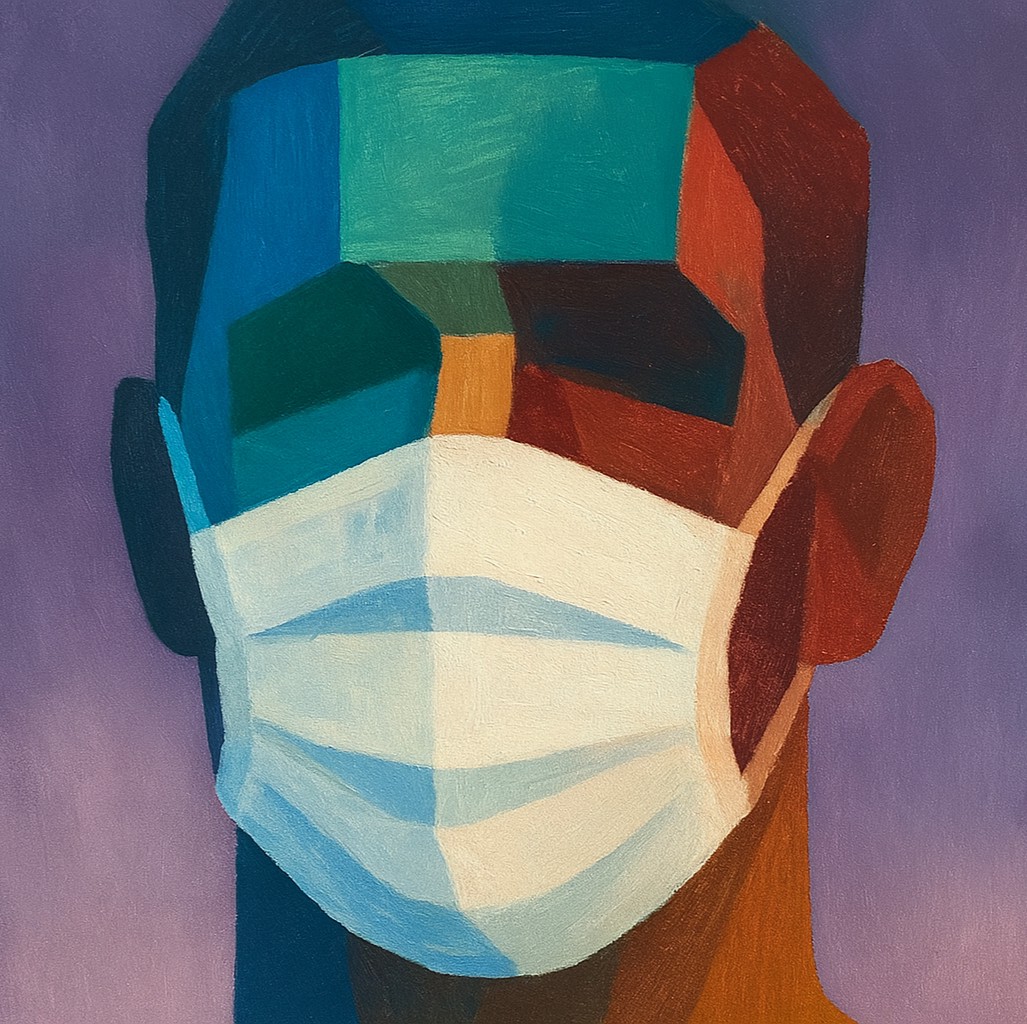Main moments
The aquaculture industry faces major challenges for sustainable growth. One of them is a lack of sustainable sources of omega-3 marine fatty acids -- nutrients essential for salmon to stay fresh and healthy. Feed producers currently obtain much of their omega-3 from fish oil and fishmeal from wild fish, but this goes beyond wild fish stocks. As a consequence, more and more of the feed for the salmon has become vegetable, but reduced levels of omega-3 have negative effects on the health and welfare of the salmon.
Fortunately, there are new and more sustainable solutions, such as the omega-3-enriched rapeseed oil Aquaterra which was approved as an ingredient in fish feed in Norway in 2023. Unfortunately, the Norwegian aquaculture industry is hesitant to adopt the product. One main reason is that Aquaterra is produced from genetically modified canola, and producers are anxious about how the market will react because GMOs are politically inflamed in Norway.
Therefore, the fish feed manufacturer Skretting uses Aquaterra oil in fish farming in Chile and North America, but not in Norway. It's a shame for Norwegian salmon and for global sustainability — after all, Norway is the world's largest salmon producer.
However, it is not the farming industry itself that creates political conflict about this oil in Norway - it is agriculture. When Aquaterra became approved by the Danish Food Safety Authority, sent Norway's Bondelag a complaint and asked for the approval to be withdrawn. They did this even though the product is exclusively an ingredient in fish feed and has nothing to do with Norwegian agriculture.
The arguments made by Bondelaget are weak, inconsistent and ethically problematic: they believe that the import of the oil should be banned because it is produced from rapeseed that has been infused with a gene that confers resistance to a pesticide that we do not allow in Norway. But this becomes double-moralistic: Norway imports a number of other conventional goods sprayed with the same pesticide, without invoking protests from Bondelaget. The Bondelaget team has not emphasized the real and significant ethical considerations related to the fact that salmon suffer poorer health when it does not get enough omega-3, or that the oil reduces the need for catching wild fish.
The farmers' complaint is unlikely to lead, for there is no legal room for action either in the food law or in international trade agreements to prohibit the import of this oil. But the signal effect of one of agriculture's most influential organisations airing such a complaint is huge and very negative. The complaint should therefore be withdrawn on a principled basis. The oil is rated as safe and has significantly greater upsides than downsides — especially with regard to the welfare of fish.
In the future, the farmer's team should refrain from interfering in matters concerning imports of goods into the aquaculture industry and other matters that are not part of the agricultural sector's own production lines.
More from Langsikt
.png)
The world's best insurance: How investments in global health security protect both Norway and the world
It's time to treat health as security policy.

Professional disagreement over the pandemic should not be handled with intimidation and ruling techniques
The debate over the origins of the pandemic is not just about academic disagreement, but about academic freedom of expression.

Gene technology for better fish welfare
GMO anxiety does not merely cost the aquaculture industry billions of Norwegian kroner; it also harms the lives and health of salmon. To prevent avoidable suffering, industry leaders and policymakers must act quickly.

Statement on Biosecurity Risks at the Convergence of AI and the Life Sciences
This statement was developed by NTI in association with the AIxBio Global Forum.
